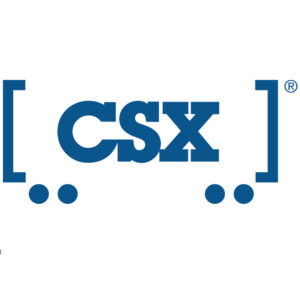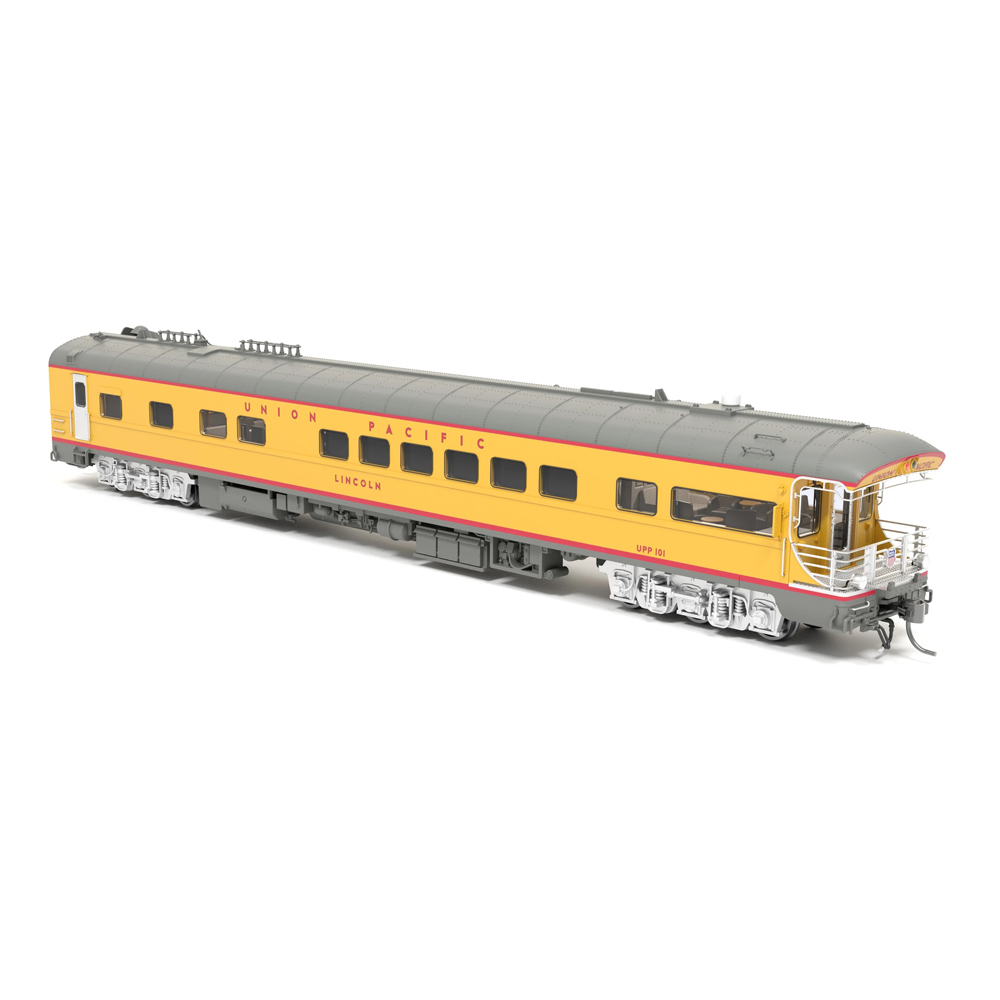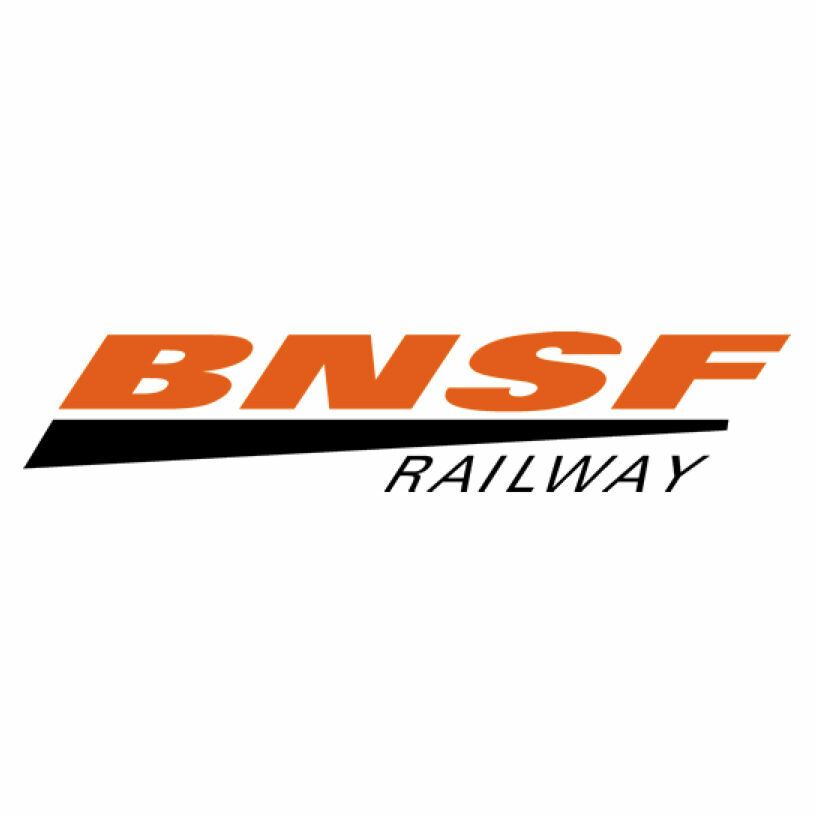JACKSONVILLE, Fla. — A CSX Transportation conductor trainee was killed in the Cumberland, Md., yard early this morning, with the accident prompting the railroad to impose a safety stand down for its 350 conductor trainees.
“CSX confirms that an employee was fatally injured in the course of working early this morning in Cumberland, Md.,” the railroad said in a statement. “CSX mourns the loss of this employee and our thoughts are with his family and loved ones. The safety of our railroaders is our highest priority. CSX is working with officials to determine exactly what happened.”
 The accident comes a week after CSX and the SMART-TD union announced a partnership to extend conductor training by a week in order to provide new hires with more hands-on experience prior to beginning on-the-job training.
The accident comes a week after CSX and the SMART-TD union announced a partnership to extend conductor training by a week in order to provide new hires with more hands-on experience prior to beginning on-the-job training.
“We are sending all conductor trainees … back to their home terminals to participate in a special half-day intensive instruction on critical rules and riding equipment,” CSX spokesman Bryan Tucker says.
The Cumberland fatality is the second involving a CSX conductor trainee since June. A CSX conductor trainee was killed on June 26 when he fell from a railcar during a shoving move and was hit by the train, according to the National Transportation Safety Board’s preliminary report on the accident at the Seagirt Marine Terminal in Baltimore.
“This morning we experienced a tragic loss in our company,” CSX CEO Joe Hinrichs wrote in an email to employees today. “Conductor Trainee Travis Bradley, a valued member of our team, was fatally injured while riding equipment at our Cumberland, Md., yard. Our sincere and deepest condolences go to his family, friends, and co-workers.”
Bradley, of Ridgeley, W.Va., was hired in June. He is survived by his wife, Nichole, two teenage daughters, and a stepdaughter.
“While the full details of this incident are still under investigation, it serves as a solemn reminder to all of us of the critical need for constant vigilance in the rail work environment,” Hinrichs wrote. “Tragically, this is the second loss of a conductor trainee that we have experienced in two months. It reinforces the importance of prioritizing both our own safety and that of our teammates.”
Under the extended training program announced on July 31, the extra week of training at the CSX Training Center in Atlanta will focus on performing tasks in a field setting to increase trainees’ exposure to railcar switching scenarios, radio communication, securement of equipment, brake tests and other fundamentals of the conductor’s role.
CSX developed the extended training program in consultation with SMART-TD.
“We’re proud to continue working with CSX to improve the training curriculum for new hire trainmen, in the same spirit as we’ve worked together to increase compensation and expand our mentoring partnerships for trainees,” SMART-TD President Jeremy Ferguson said in a statement announcing the extended training last week. “More training directly translates to better safety for our members and demonstrates our shared commitment to the CSX safety culture.”
The union declined to comment today, but said the National Transportation Safety Board was on scene this morning.
After completing their five weeks at the Atlanta Training Center, new conductors begin up to five months of on the job training at their hiring location, where they learn the physical characteristics and job assignments of their designated territory.
In January the head of the Federal Railroad Administration warned Class I railroads that it will take enforcement action if they don’t make recommended improvements to their engineer and conductor training and certification programs.
Administrator Amit Bose, in a Jan. 5 letter to the chief executives of the Class I systems, said the FRA took a collaborative approach in its review of crew training and certification programs over the prior 18 months.
“Some programs have been reviewed by FRA several times, and in some cases, the revisions to a program barely made incremental progress toward correcting the deficiencies that FRA took great care detailing in successive letters to the railroad,” Bose wrote, without providing specifics on individual railroads.
“To encourage full compliance,” he added, “please be advised that FRA is committed to pursuing enforcement action if a railroad’s resubmitted certification program continues to fail to address the deficiencies identified by FRA.”
Since late 2021 the big four U.S. systems have been hiring conductors in greater numbers and more rapidly than ever as they worked to solve widespread crew shortages.














As a retired conductor/engineer I am quite aware of the dangers of riding a car. Problems include getting crushed by a wall or a fence, falling off, and suffering the effects of a jolt if you ride a car to a stop or a joint.
Obviously CSX has failed to press upon their trainees the dangers of protecting a shove.
Railroading is a great profession, but we must never be pressured to get a move done so quickly that safety rules become secondary.
RIP